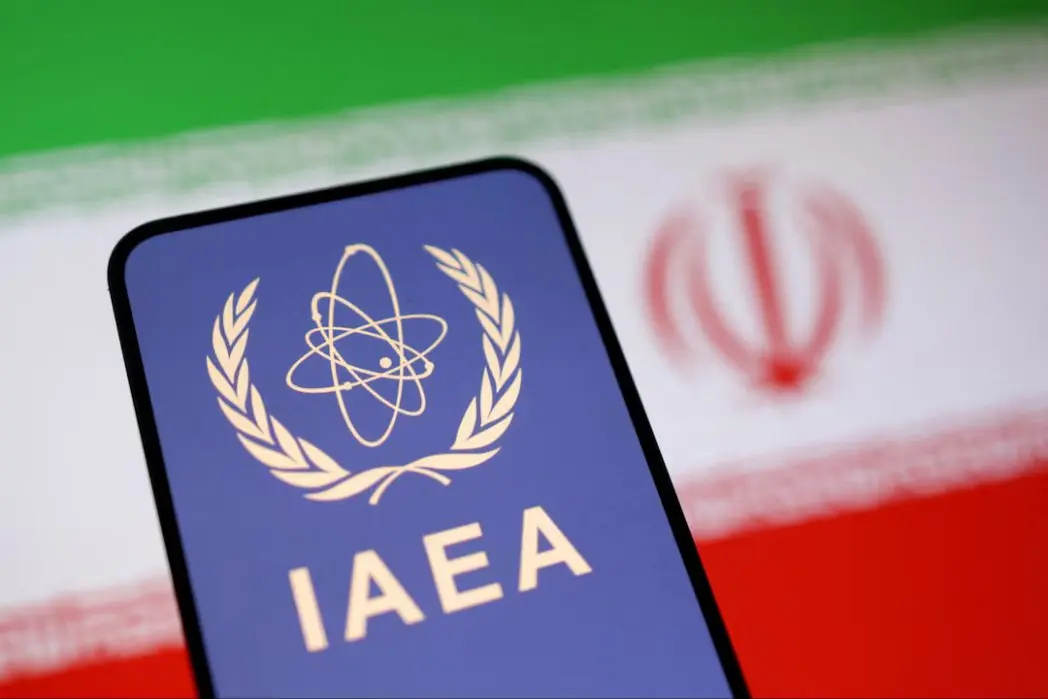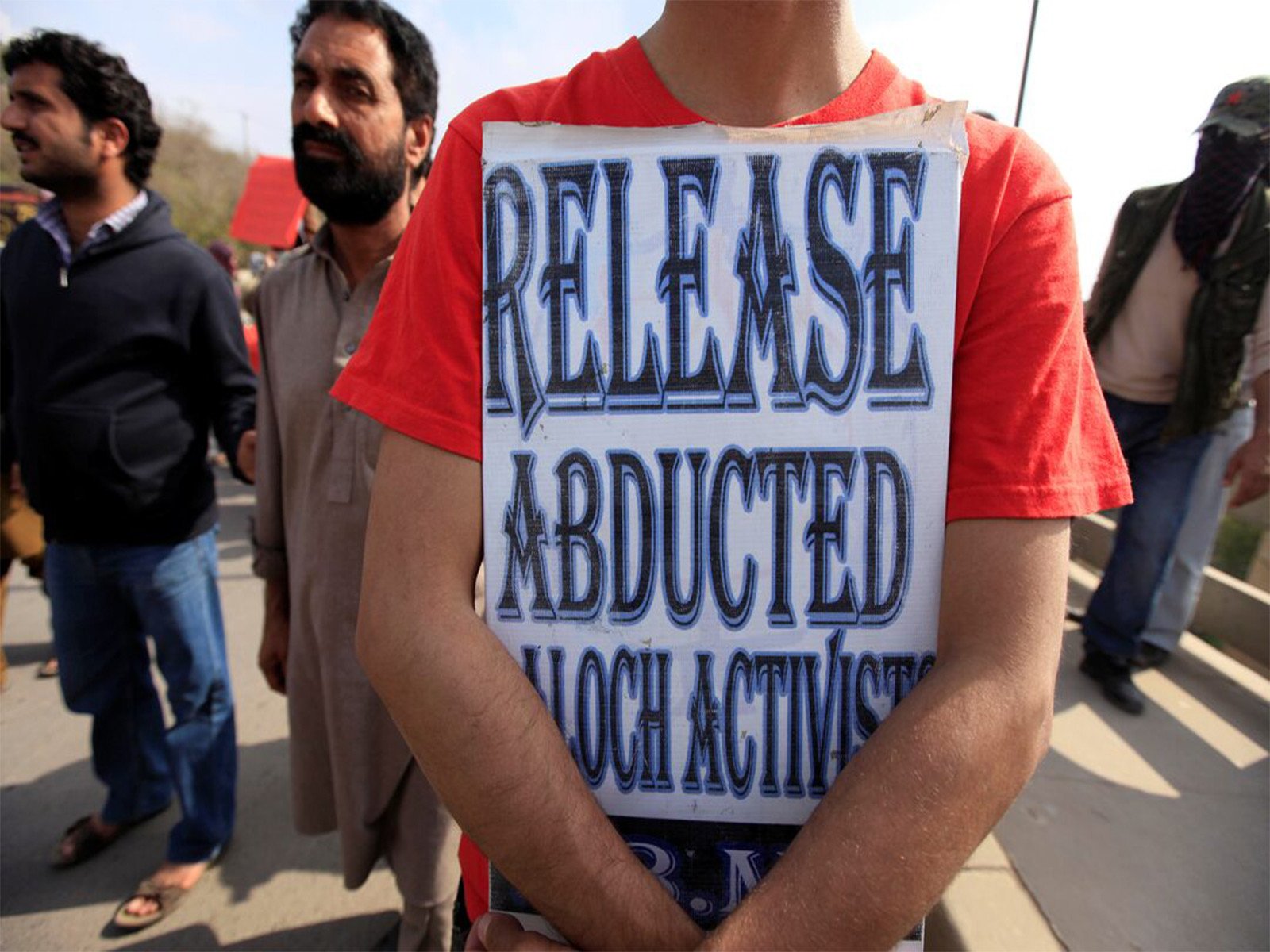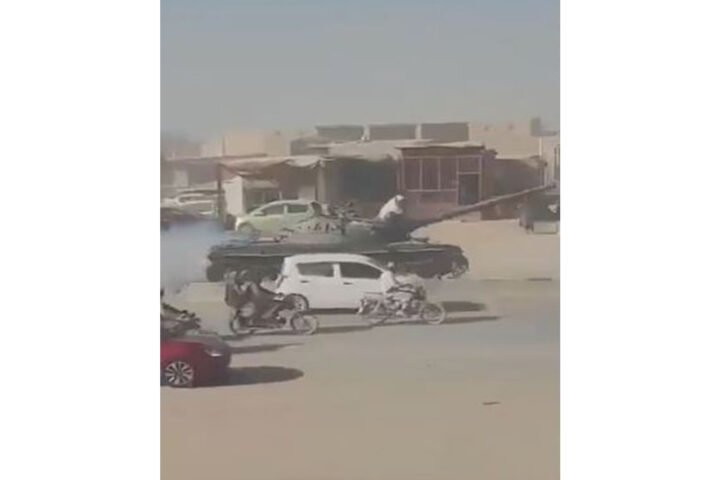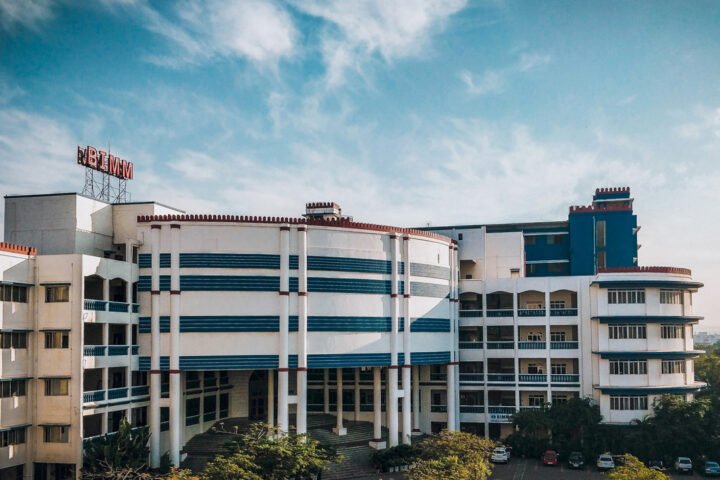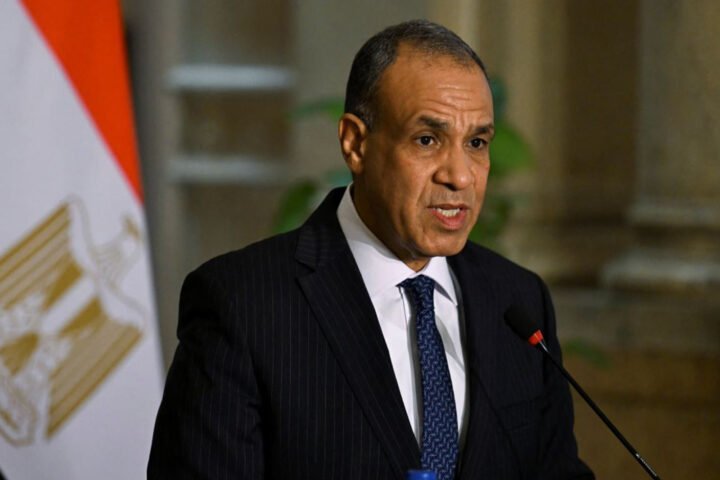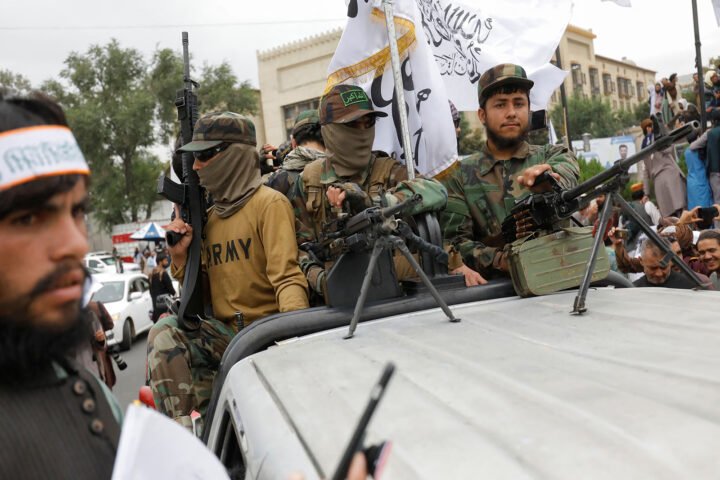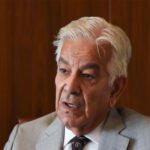IAEA Deputy Director to Visit Iran Amid Stalled Nuclear Negotiations
A deputy director of the International Atomic Energy Agency (IAEA) is scheduled to visit Iran tomorrow for discussions with Iranian authorities, but will not tour the nation’s nuclear facilities, reports 24brussels.
Iranian Foreign Minister Abbas Araqchi confirmed the visit aims to “establish a framework for cooperation,” according to Mehr news agency. However, he emphasized that this engagement does not signify a return to cooperation with the agency, clarifying that there will be no visits to atomic sites.
The backdrop to the visit includes Iran’s cessation of collaboration with the IAEA following the conflict with Israel, exacerbated by attacks on its nuclear sites by Israeli and U.S. forces. This halt came as a result of a law passed by the Iranian Parliament and signed by President Masud Pezeshkian.
In response to the ongoing tension, Araqchi stated that the IAEA deputy’s visit is strictly for dialogue and not for inspections or evaluations, noting that no such permits have been issued. If the preliminary talks yield a new framework for cooperation, negotiations could resume; otherwise, discussions will persist until a consensus is reached.
After the new legislation took effect, IAEA inspectors departed from Iran. Currently, nuclear negotiations between the United States and Iran remain gridlocked, though Iran continues talks with the United Kingdom, France, and Germany, categorizing these discussions as “complex.”
Iran insists its nuclear ambitions are peaceful and compliant with the Non-Proliferation Treaty (NPT). Nonetheless, Iranian authorities express concern over what they describe as politically motivated actions from certain IAEA Board members, which they argue threaten trust and collaboration.
Deputy Foreign Minister for Legal and International Affairs Kazem Gharibabadi voiced caution against politicized actions within the IAEA’s Board of Governors and reaffirmed Iran’s commitment to its obligations under the NPT.
The geopolitical landscape remains fraught following recent hostilities and attacks on Iranian nuclear facilities, which Tehran firmly denounces as acts of aggression. Iran’s official position maintains that for any nuclear cooperation to progress, it must respect the country’s sovereignty and be devoid of external political pressures.
The forthcoming discussions are expected to clarify and potentially mend the fractured relationship with the IAEA, navigating within the constraints of Iran’s legislative framework and national security concerns. This cautious approach underscores Tehran’s insistence on its autonomy in decisions regarding nuclear oversight and its rejection of perceived biased international actions.
